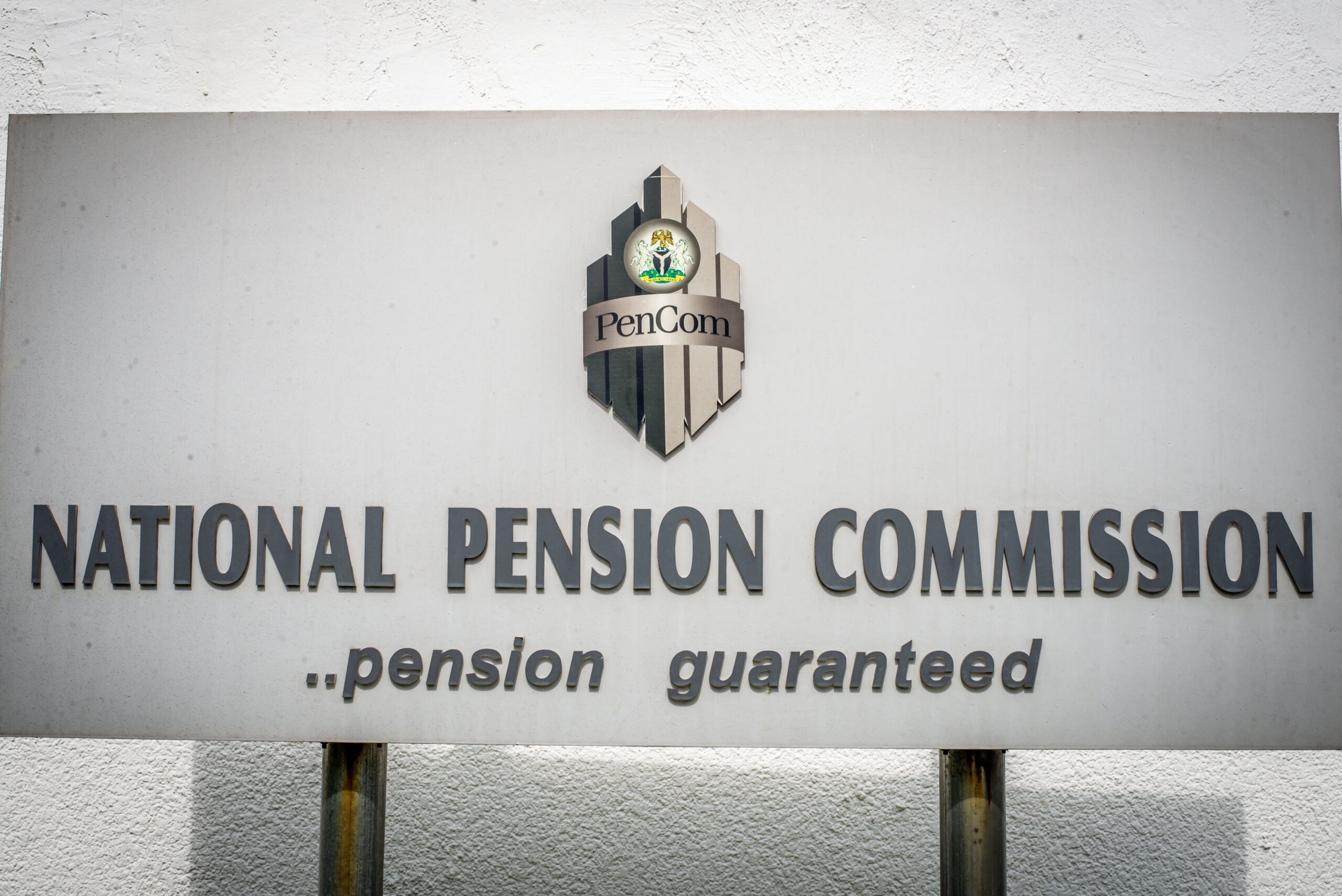To fortify retirement benefits for workers in Nigeria, the National Pension Commission (PenCom) has recently unveiled the framework for the establishment of additional benefits schemes (ABS) under the contributory pension scheme (CPS). This move aligns with section 4 (4) (a) of the Pension Reform Act (PRA), 2014, which allows employers to provide additional benefits to their employees upon retirement.
The PRA 2014 provides that notwithstanding the pension contributions made by the employer and employee into the employee’s RSA, “an employer may agree on the payment of additional benefits to the employee upon retirement”. Accordingly, any employer may wish to provide additional benefits in the form of gratuity to its employees upon retirement.
Employers, especially those in the public sector, can take advantage of the above provision in the law to enhance their employees’ retirement benefits.
The framework for establishing additional benefits schemes under the CPS ensures adherence to regulatory standards outlined in the PRA 2014. The aim is to promote the proper management and utilisation of pension funds.
Advertisement
Accordingly, PenCom issued the framework to outline the modalities for establishing and managing ABS by employers interested in increasing their employees’ retirement benefits under the CPS.
ESTABLISHMENT OF ADDITIONAL BENEFITS SCHEME (ABS)
PRA 2014 permits only institutions licensed by PenCom to hold and manage pension funds and assets. Consequently, only licensed pension fund administrators (PFAs) can manage pension assets. Similarly, the custody of pension assets can only be done by approved pension fund custodians (PFCs).
Advertisement
Employers seeking to establish an ABS for their employees must demonstrate compliance with the PRA 2014. This includes up-to-date pension contribution remittances, group life insurance cover, and execution of a portfolio management agreement (PMA) with a chosen pension fund administrator (PFA). Employers may appoint one or more PFAs to manage the ABS, with a lead PFA designated in cases of multiple appointments.
DOCUMENTATION REQUIREMENTS
Employers must submit various documents to PenCom for review and approval to establish an ABS. These include the draft portfolio management agreement, trust deed, rules of the scheme, evidence of pension contribution remittance and group life insurance policy, and evidence of employees’ retirement savings accounts (RSAs). Employers also need to provide information to indicate if the scheme is a defined benefit or defined contribution and give an undertaking to comply with regulatory provisions and to fund the scheme continuously.
REPORTING AND COMPLIANCE
Advertisement
The appointed PFA is responsible for annual actuarial valuations and audits, ensuring compliance with regulatory guidelines. Reporting requirements stipulate submitting audited financial statements and actuarial valuation reports to PenCom within specific timelines. Additionally, PFAs or lead PFAs must submit consolidated monthly valuation reports and fee requests to PenCom.
AMENDMENTS, DISPUTE RESOLUTION, AND TERMINATION
The employer cannot alter the trust deed and rules of the scheme without prior written approval from PenCom. The framework outlines dispute resolution procedures, emphasising arbitration and compliance with termination and winding-up protocols in line with the trust deed and rules of the scheme.
WHY ADDITIONAL BENEFITS MATTER TO EMPLOYEES
Advertisement
The CPS is a sustainable pension system that provides a stable, timely, predictable and adequate source of retirement income for employees in the public and private sectors. The CPS was the outcome of reforms in the pension sector initiated by the federal government of Nigeria in 2004, culminating in the enactment of the PRA 2004. Ten years later, the PRA 2004 was repealed and replaced with the PRA 2014.
Stakeholders have adjudged the implementation of the CPS in Nigeria a success. However, there are complaints about low pensions, especially from retirees in the public sector, because of the relatively low pay relative to the private sector. It is vital to state that the CPS provides a comprehensive framework that allows employers and employees to plan and save towards pensions.
Advertisement
Accordingly, employers of labour can use the framework for the establishment of additional benefits schemes recognised by the PRA 2014 to increase the pensions of their retired employees.
It is imperative to state that various options are available to employers and employees to improve the adequacy of pensions for retirees, especially those in public service disproportionately affected by low pay. Providing additional retirement benefits can have several benefits for both employers and employees. It can attract and retain talent, enhance employee morale and loyalty and improve an organisation’s reputation.
Advertisement
In conclusion, the framework for the establishment of additional benefits schemes is a significant step towards enhancing retirement benefits for workers in Nigeria. By setting clear guidelines and compliance measures, it seeks to ensure a robust and transparent system that supports retirees and contributes to employees’ overall financial well-being in their post-work years. PenCom remains committed to periodically reviewing this framework to meet employees’ evolving pension needs and aspirations.
Based on information by the National Pension Commission (PenCom).
Advertisement






